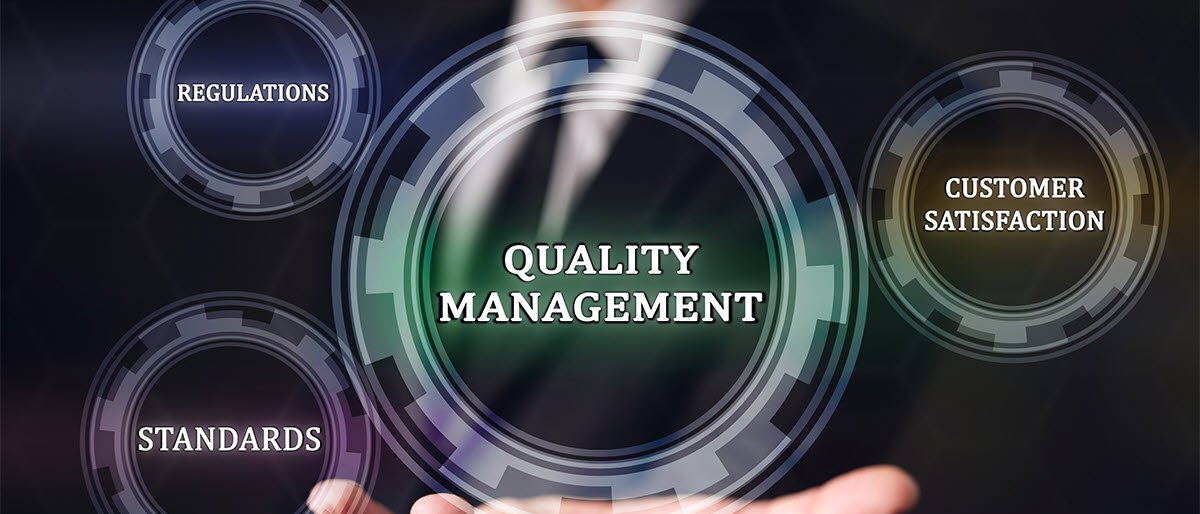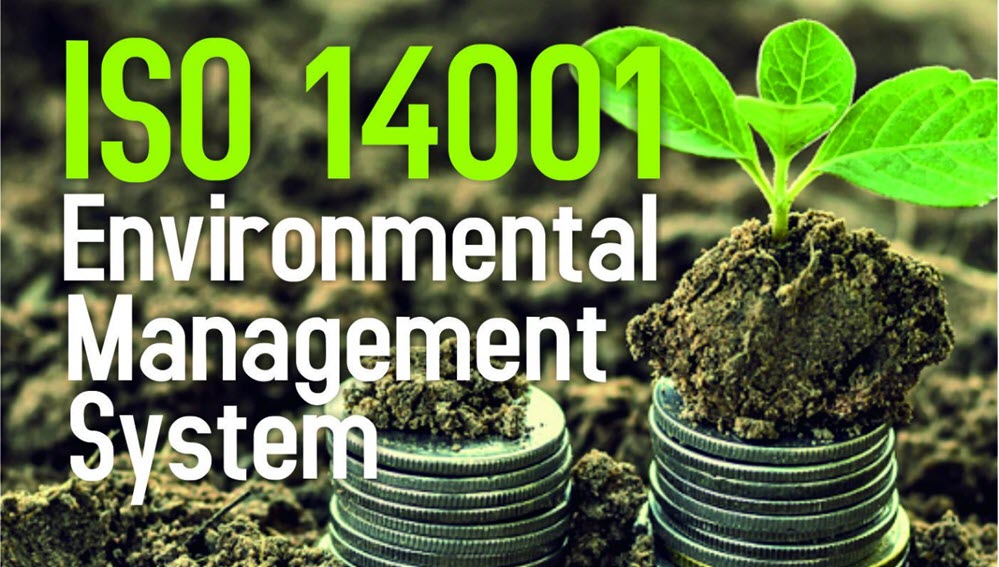EQMS Blog

How To Develop And Implement An Efficient QMS
What is QMS
In simple words a Quality Management System (QMS) can be described as a set of corresponding activities which are considered essential for creating the ideal quality products or services. Now this quality must be meeting the requirements of specific standards that satisfy the requirements of customer in an effective as well as efficient way. When a Quality Management Systems (QMS) is developed and implemented in a poor way, then an organisation can bear damaging complications on account of that, making it challenging to meet customer’s requirements and accomplish business objectives. On the other hand, when a QMS is designed and applied properly, then it will bring speedy and long-term results.
Developing an efficient QMS
In order to develop an efficient QMS we will need to follow some steps.
Steps to Develop and Efficient QMS
- The first step is to define and map your processes where relevant. It is important to have clearly defined processes and understand their interaction, especially where it is considered required to ensure consistency of the quality for products and services.
- The second step for an efficient QMS is to define the quality policy, as it explains the organisation responsibilities and commitments to quality in particular and how it is ensured customer needs are met. Most importantly, the commitment towards customer focus must be considered as priority while developing a quality management system.
- After that, the third step will be to define the quality objectives which is an important element of an efficient QMS to drive continual improvement. Quality objectives have to be measurable and established in the organisation-wide practices. More to the point, they will also help is in identifying critical success factors of the business entity.
- In addition to that, the fourth step is to develop metrics for tracking and checking collected data. The development of clear measurements and metrics helps in keeping track of progression. The processed information must be shared with the organisations leadership. The customer satisfaction index score is improved through setting targets which are necessary to ensure improvement.
- The fifth step is to implement a mechanism to identify defects for all processes. Basically, defects are non-conformances that come about as a product defect or a process insufficiency. A defect needs to be quantified and corrected whenever it is identified.
- Afterwards, the documents and records are developed as a sixth step. It is essential to have some documented information as part of an efficient QMS.
- Now the seventh step is to define the quality processes which consists of management review, internal audit, communication procedure, counteractive and precautionary action procedure.
- Furthermore, we will identify the trainings needs as our eighth step for developing an efficient QMS. Training is necessary to enhance the job competency of the organisation’s workforce. For QMS there are some key training areas such as Failure Modes Effects Analysis (FMEA), Problem Solving, and Internal Auditor Competence.
- The ninth step is to use the QMS and all the elements that has been developed and implemented. During this step it is important to gather and record non-conformance so that the data can be reviewed for counter measures and preventive action plans. Likewise, for risk and action plans an organisation will need to reviews its FMEAs. When we start using QMS it becomes crucial to conduct internal audits and perform management reviews.
- The last step is performance improvements by means of measuring, monitoring and implementing required activities. At this step we will need to analyse our collected data for tracking quality objectives in order to evaluate the performance against defined target. In the data analysis we need to identify links, trends, and patterns to explore improvement opportunities.
Different research studies have recognised that a lot of organisations have attained a direct financial return on the implementation of a QMS. The most important point that every organisation needs to understand is that Quality Management Systems can provide a wide range of benefits for their businesses; still they cannot work as a magic potion.
Despite of using and implementing a QMS, an organisation cannot benefit from it if it lacks quality-driven management. If a business really wants to move into a quality-driven culture successfully, then it will need complete support from the senior management and a positive assurance from all sides to transform. The real rival of total quality management is inconsistent operations. An organisation cannot guarantee the products quality or increase efficiency in a reliable way in the absence of standardised operations. Therefore, a foundational element of QMS is operational consistency.
If you are interested in implementing an efficient Quality Management System, then contact us for a free consultation on how we could support with the project.

Request a free consultation
Contact us to discuss your needs and see how we can support to reach your goal.

Recent posts

In today's digital age, businesses are constantly exposed to various cyber threats. As a result, companies must adopt a proactive approach to cybersecurity to prevent data breaches, theft, and other...

Quality management systems are essential in ensuring that organisations can deliver quality products and services consistently. The International Organisation for Standardization (ISO) developed the ISO 9001 standard to help organisations...

ISO 14001 is a globally recognised standard for environmental management systems (EMS) that helps organisations manage their environmental impact and improve their sustainability performance. Obtaining this certification demonstrates a company's...
Just a Few of Our Clients
Request a Free Consultation
Contact us to discuss your needs and see how we can support to reach your goal.















